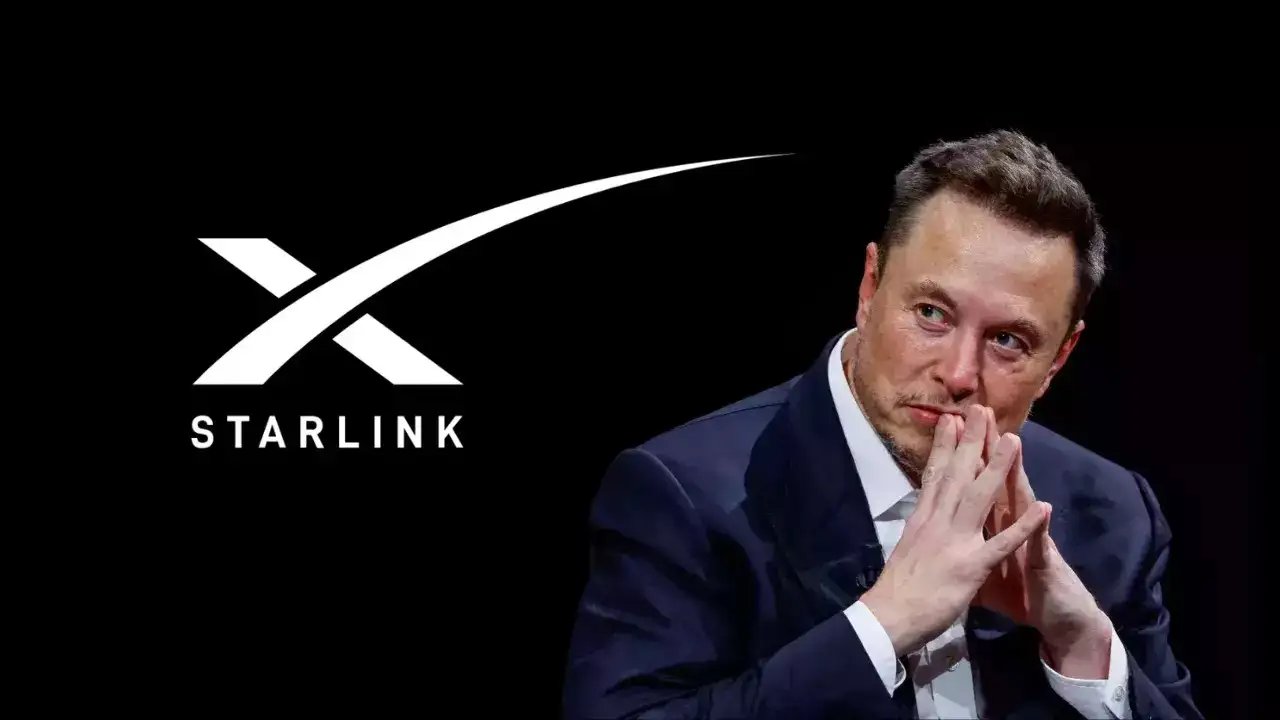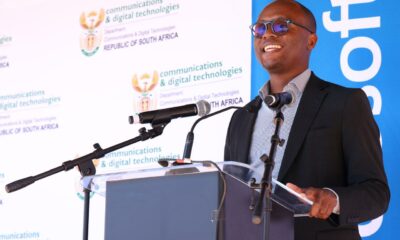Business
South Africa Denies Favouritism Toward Elon Musk’s Starlink in Draft ICT Policy Shift

South Africa’s government is making it clear: the new draft policy aimed at redefining ownership requirements in the information and communications technology (ICT) sector isn’t a favour for Elon Musk or his satellite internet firm, Starlink.
Speaking during a parliamentary briefing on Tuesday, Communications Minister Solly Malatsi firmly rejected suggestions that the policy shift is designed to benefit any specific company.
Policy Meant to Broaden Access, Not Play Favourites
The draft policy, released last Friday, proposes recognising “equity equivalent” investment programmes as a valid alternative to South Africa’s current Black ownership requirements in the ICT sector. The change could potentially allow foreign companies like Starlink to operate in the country without directly selling stakes in their local operations.
But Malatsi stressed that the move was not about easing the rules for Elon Musk or any other individual player.
“Transformation is sacrosanct in our country—it’s non-negotiable,” Malatsi said. “We are not attempting to open a special dispensation for Starlink or any other company.”
Under current laws, foreign-owned telecom and internet providers must sell at least 30% equity in their South African subsidiaries to historically disadvantaged groups to obtain operating licences. This requirement has previously been flagged by companies like SpaceX’s Starlink as a barrier to entry.
Criticism From Inside and Outside Parliament
Not everyone is pleased with the proposed change. The opposition, as well as Khusela Diko, Chairperson of Parliament’s Portfolio Committee on Communications and Digital Technologies, have questioned the motive behind the draft.
Diko warned that the policy risks going “too far” in an effort to appease foreign players like Starlink, which could undermine South Africa’s hard-won transformation goals in the tech and communications sectors.
Balancing Transformation with Investment
The debate highlights a long-standing tension in South Africa’s policy environment: how to attract foreign investment while upholding commitments to economic transformation and empowerment.
Malatsi insists the policy aims to strike a balance—encouraging global tech firms to invest meaningfully in the local economy through skills development, infrastructure, and job creation, rather than diluting empowerment goals.
As the ICT sector continues to evolve, especially with the rise of satellite-based internet services like Starlink, South Africa is rethinking its licensing approach—but remains steadfast in ensuring that economic inclusion remains at the heart of that evolution.
Did SA Soften B-BBEE Rules for Elon Musk’s Starlink? Parliament Wants Answers
{Source: Reuters}
Follow Joburg ETC on Facebook, Twitter , TikTok and Instagram
For more News in Johannesburg, visit joburgetc.com



























